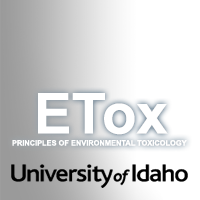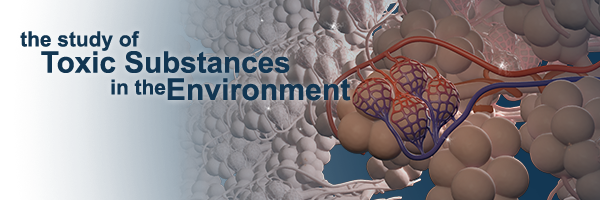

Socrates Award: Poison of the Year 2004
The Environmental Toxicology of Mercury

Socrates Award by Student Vote
Overview
The Socrates Award 2004 Lecture will be given by Professor Greg Möller of the University of Idaho.
The Socrates Award recognizes the Poison/Toxin/Contaminant of the Year and is awarded by a tally of votes from the students taking the course Principles of Environmental Toxicology. The Socrates Award Lecture is an in-depth, critical analysis of the sources, pathways, receptors and controls for this agent of real or purported consequences on human health or the environment.
Socrates, the Greek philosopher, believed in the superiority of rational argument over writing and that all vice is the result of ignorance. He was convicted of crimes against the state and executed in 399 BC by drinking poison Hemlock. Read about Socrates.
Criteria for the Award
- The poison/toxin/contaminant must be a specific chemical or substance or closely related group of substances.
- The substance can have direct or indirect activity.
- The poison/toxin/contaminant must have been in the media arena in the past year.
- The poison/toxin/contaminant can present real, perceived or "hyped" risk to the general public or the environment.
- The issues surrounding the substance and its impact on human health and the environment would have inspired Socrates in vigorous debate!
Learing objectives
- Review the ancient history of mercury.
- Examine the global and biogeochemical cycling of mercury.
- Examine the uses of mercury including medicinal uses.
- Examine the neurotoxic properties of mercury.
- Differentiate the understanding of inorganic mercury and organo-mercurials such as methyl mercury.
- Review the foodchain exposure of methyl mercury.
- Examine, in detail, the methyl mercury case in Minamata, Japan.
- Analyze the lessons learned from Minamata and how it has effected public policy in Japan and elsewhere concern risk management of mercury.

ETox is licensed under a Creative Commons Attribution-NonCommercial-NoDerivatives 4.0 International License.
